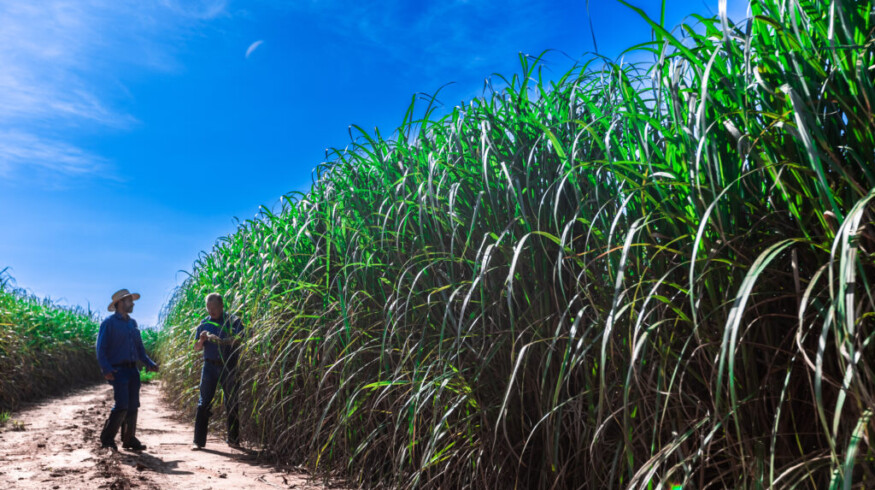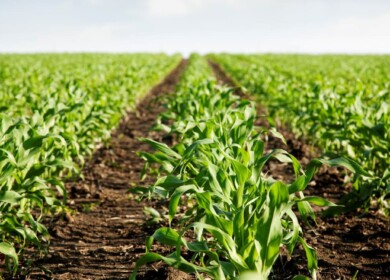Unilever teams up with Nufarm to commercialize biomass oil from energy cane

Nufarm has entered into a strategic partnership with Unilever to develop a sustainable source of biomass oil, derived from high-biomass crops such as energy cane and forage sorghum. This multi-year collaboration builds on recent breakthroughs in biotechnology, with the goal of reducing greenhouse gas emissions and advancing Unilever’s ambition to source ingredients sustainably for its consumer goods products.
The agreement follows Nufarm’s successful development of energy cane, a sugarcane variety that generates significantly more plant matter and sugar than traditional crops. Leveraging this technology, the partnership will enable the production of biomass oil from the entire plant, including the leaves and stems. This oil will serve as a critical ingredient in Unilever’s household, beauty, and personal care products, offering a sustainable alternative to petrochemical-based oils typically used in consumer goods.
“We are entering a new market segment with the potential to transform the way consumer goods are sourced,” said Greg Hunt, CEO of Nufarm. “Through this partnership with Unilever, we are not only addressing the agricultural industry’s sustainability challenges but also advancing a scalable and commercially viable solution to produce oils from high-biomass crops like energy cane and forage sorghum.”
The project marks a significant step forward in the development of plant-based oils. While traditional oil crops like sunflower and canola produce oil from their seeds and fruits, this new approach will extract oil from the entire plant. This innovation eliminates waste, as the sugar produced by the energy cane can also be used in biotechnology processes to create specialty ingredients, such as fragrances and enzymes. Additionally, the leftover plant fibers will be explored for potential uses in packaging and renewable energy production.
Unilever, which aims to achieve net-zero emissions by 2039, sees this partnership as a critical element of its sustainability strategy. “Raw materials and ingredients account for about 52% of our greenhouse gas emissions,” explained Neil Parry, Head of Biotechnology at Unilever. “This collaboration allows us to diversify our raw material supply chain, ensuring we can sustainably source ingredients that meet our climate goals while offering alternative solutions for our household and personal care products.”
The partnership also supports Unilever’s circular economy objectives. As the energy cane crop is optimized to produce oil, it will continue to provide sugar that can be used for other applications, furthering Unilever’s commitment to reducing its environmental footprint. Moreover, the focus on utilizing every part of the plant aligns with the company’s goal of achieving zero waste in its supply chain.
For Nufarm, the partnership represents a significant opportunity to expand the commercial potential of its sustainable crop technologies. The company has a long history of developing advanced bioenergy feedstock solutions, including the commercialization of plant-based omega-3.
Energy cane, in its current form, has already demonstrated several sustainability benefits, including drought resistance, climate stress tolerance, and more efficient soil protection. With the new crop development, Nufarm and Unilever aim to build on these traits, further reducing the environmental impact of farming and contributing to Unilever’s greenhouse gas reduction efforts in the consumer goods sector.
The first phase of the project is focused on research and development, with both companies aiming to scale up production as the technology matures. If successful, the project could revolutionize the sourcing of ingredients for consumer goods, providing a more sustainable, renewable, and cost-effective alternative to petrochemical-based oils.
Enjoyed this story?
Every Monday, our subscribers get their hands on a digest of the most trending agriculture news. You can join them too!
















Discussion0 comments